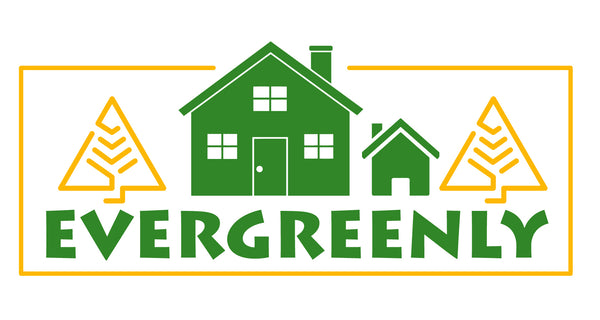Smart Home Hub vs. WiFi and Cloud Automation: What Are the Benefits and Drawbacks?
Without a question, smart home automation is the era's most popular tech topic. With its rising popularity, a plethora of alternatives employing technologies such as WiFi, ZWave, Zigbee, Insteon, and UPB have arisen from a range of providers.
In the early days of home automation, the smart home hub or home automation controller was the cornerstone of the smart home. All devices were required to connect with a central controller since they utilized a proprietary signal (remember X10?).
If your smart home solution just employs WiFi devices and your automation needs are low, you won't need a hub. As long as your Internet and WiFi network are up and functioning, you may use Alexa or Google to control lights and locks.
What was it, exactly? Isn't it true that your router and WiFi are always in good working order? Isn't it true that your router never needs to be reset? Is the internet available at all times? Hmm. It's a fascinating idea. If you want to connect a lot of WiFi devices and are presently utilizing a $50 router or a free router from your Internet provider, you should upgrade to something more reliable. Something more secure and business-class is also required.
There are a few more things to consider.
When you open the door and want the lights to turn on, the lock must connect to your router, send a message to a cloud server, then send a message to IFTTT, who must then send a message to the cloud server for the lights, and finally, the message returns to your house and the light turns on. It might all happen in a flash on certain days. Some days are more pleasant than others. When a network, WiFi, and three cloud servers are involved, there are a lot of moving pieces.
You may think about a few things at the same time.
#1 Is it needed for the light to turn on when the door opens?
#2 How critical is it for this to happen quickly?
#3 Is your network and router stable?
#4 Do you mind if you can't use your gadgets if you don't have access to the Internet?
#4 How many devices will you be using?
It's probably not a big deal if you only have a lock, a few light switches, some voice assistants, and a thermostat. But what if you want to install whole-house automation with 50, 70, or 100 dimmers, ten keypads, cameras, 4K TVs streaming Netflix, and wireless audio and music? That's a completely separate scenario.
THE ADVANTAGES OF SMART HOME HUBS
The smart home hub, as well as technologies like Insteon, ZWave, and Zigbee, come into play. None of those other methods rely on your network or WiFi. They have their own communication protocols and communicate with one another and with the hub.
Even if your wifi or the Internet goes down, you may still use a keypad to activate a lighting scene. Lighting sequences take place immediately within the house, which means they're significantly faster.
All processing and triggers happen inside the hub and inside the home if you have a hub with enough horsepower and memory, so the Internet may still go down and your foyer lights switch on almost quickly as you open the front door.
You won't have to change IP addresses for your dimmers, care about IP ranges, or worry about WiFi coverage if you buy a new router or Internet service. Netflix, audio streaming, downloading, and gaming will not interfere with your light switches. Your wall dimmers will not be vying for IP addresses with your laptops or televisions.
Returning to the original topic, do you require a smart home hub? Of course, the answer is contingent on your immediate and long-term ambitions for smart home gadgets and world dominance.
In the end, whether the technology is WiFi, Insteon, Zigbee, ZWave, or UPB, all of these gadgets are fantastic. The moral of the storey isn't to abandon WiFi in favour of ZWave or to prefer Insteon over Zigbee. That's a separate conversation altogether. It's just to give you pause as you dig deeper into the realm of home automation and smart home technology.
Take some time to consider your alternatives and decide if you want to "go big" or just experiment with a few essential components. A WiFi installation with over 100 smart devices is conceivable, whereas an Insteon installation with only two smart devices is doable.
However, for a bigger installation where speed is critical, sophisticated rules and automation triggers are required, and Internet disruptions are not tolerated, a smart home hub is a way to go. Most hubs have a local brain as part of the installation and will assist in connecting all of the smart gadgets in the home. The more sophisticated hubs will enable you to build full automation with less user interaction and more intelligent convenience.
Automation rules, triggers, schedules, and scenes may all be considerably more powerful with smart home hubs. They also have a superior track record of integrating different systems. In the event of a fire, for example, you might be able to set an automation rule that turns on all the lights and switches off the furnace fan motor. Send an email or text about it, too, while your alarm system contacts the monitoring station, which will contact the firefighters on your behalf. When you set your alarm to vacation mode, you might wish to cut off the main water supply. Oh, and when you arm it as you leave the home, turn down the heat.

